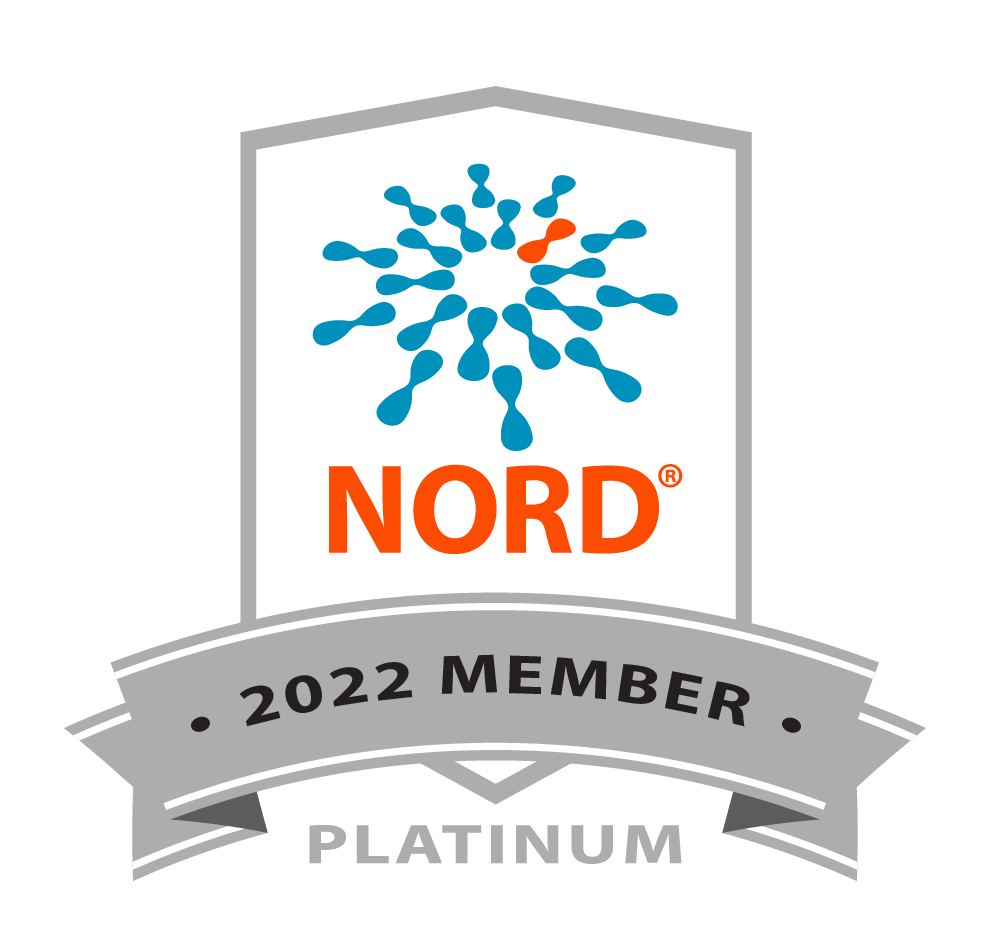Alpha-1 Antitrypsin Deficiency (Alpha-1) can cause damage to the lungs. After an Alpha-1 diagnosis it’s important to be checked for lung disease as early as possible. Treatment can help keep lung disease from getting worse.

What are the symptoms of lung disease in people with Alpha-1?
The most common signs of lung disease in people with Alpha-1 are:
- Emphysema (a lung disease resulting from damage caused to the walls of the lungs’ air sacs)
- Wheezing (a whistling sound when breathing)
- Bronchitis (an infection in the airways of the lungs)
- Frequent chest colds
- Bronchiectasis (a condition where the lungs’ airways widen or develop pouches)
- Pneumonia (an infection that causes inflammation of the air sacs of one or both lungs)
- Being extremely tired
- Having a low tolerance for exercise
- Year-round allergies
Why does lung disease develop in people with Alpha-1?
People with Alpha-1 do not have enough of a protein called alpha-1 antitrypsin (AAT). AAT helps protect the lungs from an enzyme called neutrophil elastase.
Usually, neutrophil elastase destroys invading germs and digests damaged or aging cells. In people with Alpha-1, neutrophil elastase attacks and destroys not just damaged or aging cells, but normal lung tissue. When this continues over time, lung diseases such as COPD (chronic obstructive pulmonary disease) can develop. COPD is a group of lung diseases, including emphysema, that block airflow and make it difficult to breathe.
The lungs in people with Alpha-1 are more easily damaged by common irritants like cigarette smoke, pollution, dust, or certain chemicals. People with Alpha-1 who smoke are at much greater risk of developing COPD than most people.
If you have Alpha-1, the best way to prevent lung disease from developing or worsening is to not smoke or use tobacco products.
How is lung disease detected in people with Alpha-1?
Many people who have Alpha-1 are first diagnosed as having asthma or COPD. People with COPD or unexplained bronchiectasis should be tested for Alpha-1.
For people diagnosed with Alpha-1, a doctor might use additional tests to see how Alpha-1 has affected the lungs. Some of these tests include:
- Imaging: X-rays or CT Scans can show where the lungs have been damaged and how badly they are damaged
- Pulmonary function tests (PFTs): These tests involve breathing into a machine to measure lung function. There are different types of PFTs; some measure how much air is going in and out of the lungs, while others measure how much air is moving from the lungs to the bloodstream
These tests can help the doctor treat symptoms of lung disease and prevent further damage to the lungs.
How is lung disease treated?
If someone has Alpha-1 and has lung disease, treatment options may include:
- Smoking cessation: Quitting smoking (including cigarettes and vaping) is an important step to take in order to keep lung disease from worsening.
- Augmentation therapy: Augmentation therapy is the standard of care for Alphas with COPD. Augmentation therapy consists of intravenous infusions, usually given weekly, of alpha-1 antitrypsin protein (AAT) that has been collected from healthy plasma donors. The goal is to increase the level of AAT in the blood and lungs in order to keep lung disease from getting worse.
- Augmentation therapy cannot restore lost lung function and is not considered a cure. However, augmentation therapy has been shown to increase blood and lung levels of AAT, slow the pace at which lung function gets worse, and improve survival.
- Augmentation therapy has been used for more than 25 years with an excellent safety record.
- Other Medications: Alphas with lung conditions such as asthma, COPD, or bronchitis can be treated with drugs like bronchodilators (which open up the lung passages) and corticosteroids (which reduce inflammation in the lungs). Many alphas with lung infections are treated with antibiotics to help prevent an infection from worsening.
- Lung transplants: If the lungs have been severely damaged and the person with Alpha-1 has lost significant lung function, that person may be a candidate for a lung transplant. In a lung transplant, one or both damaged lungs are surgically removed and replaced with healthy lungs from a donor.
Read more about Augmentation Therapy
Watch this video: Understanding Alpha-1, Vital Organs–Liver and Lungs











